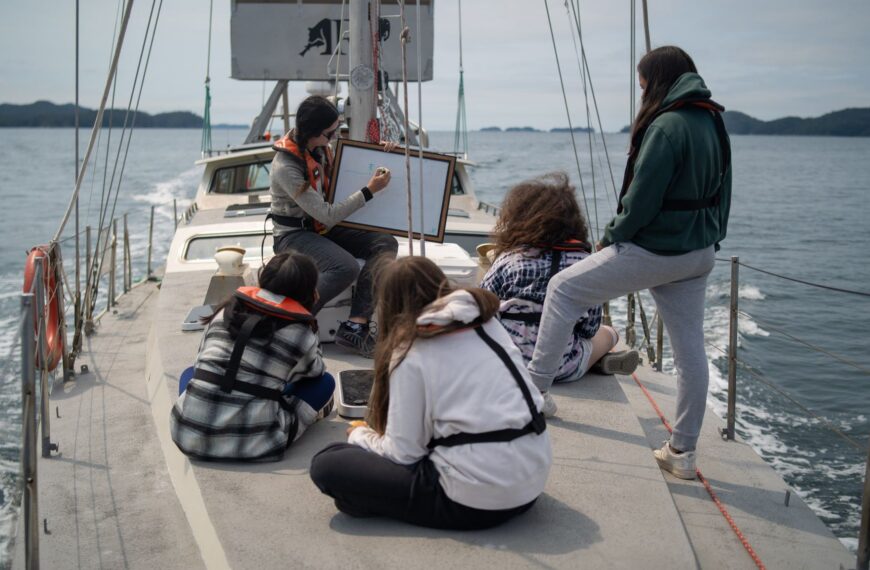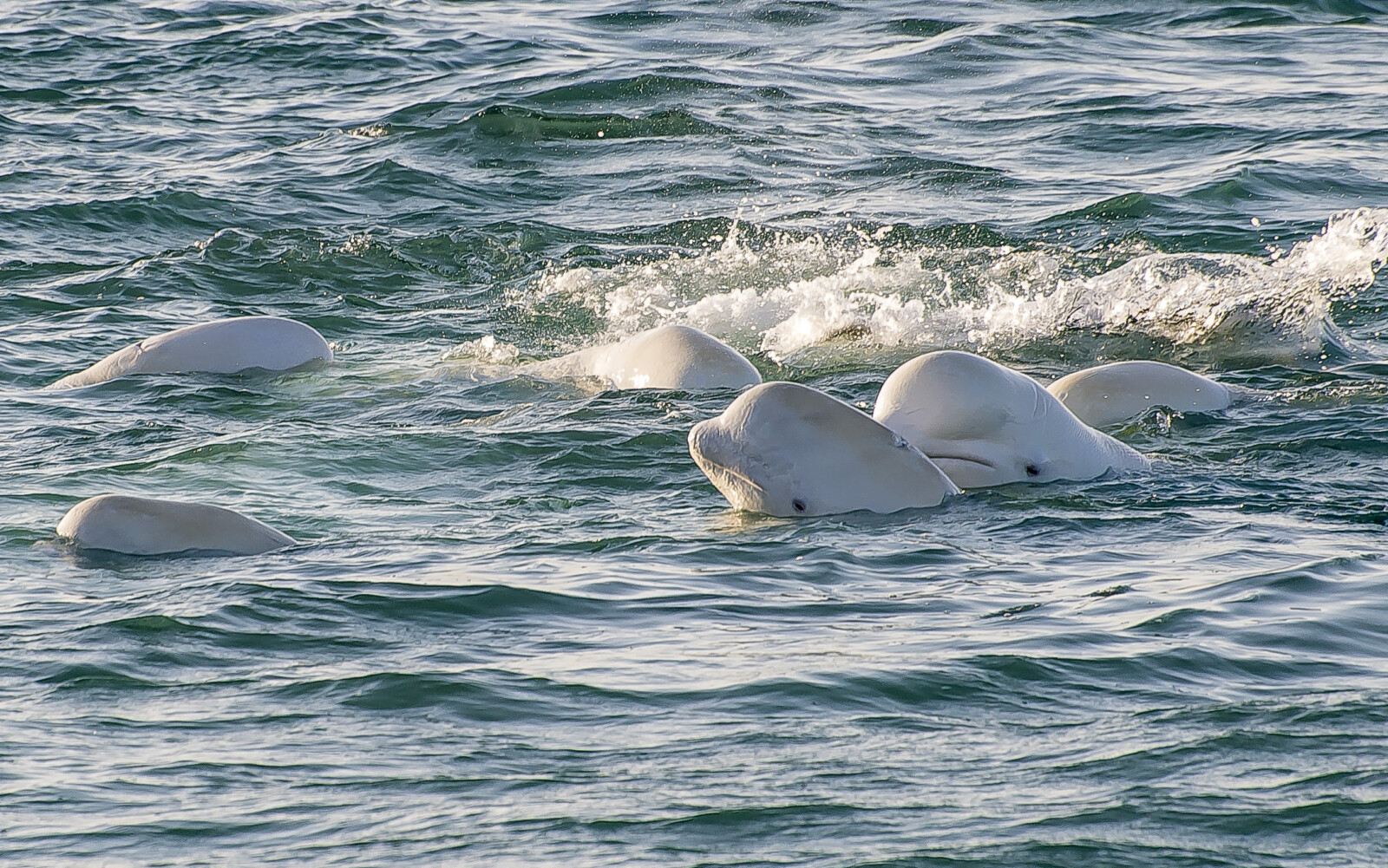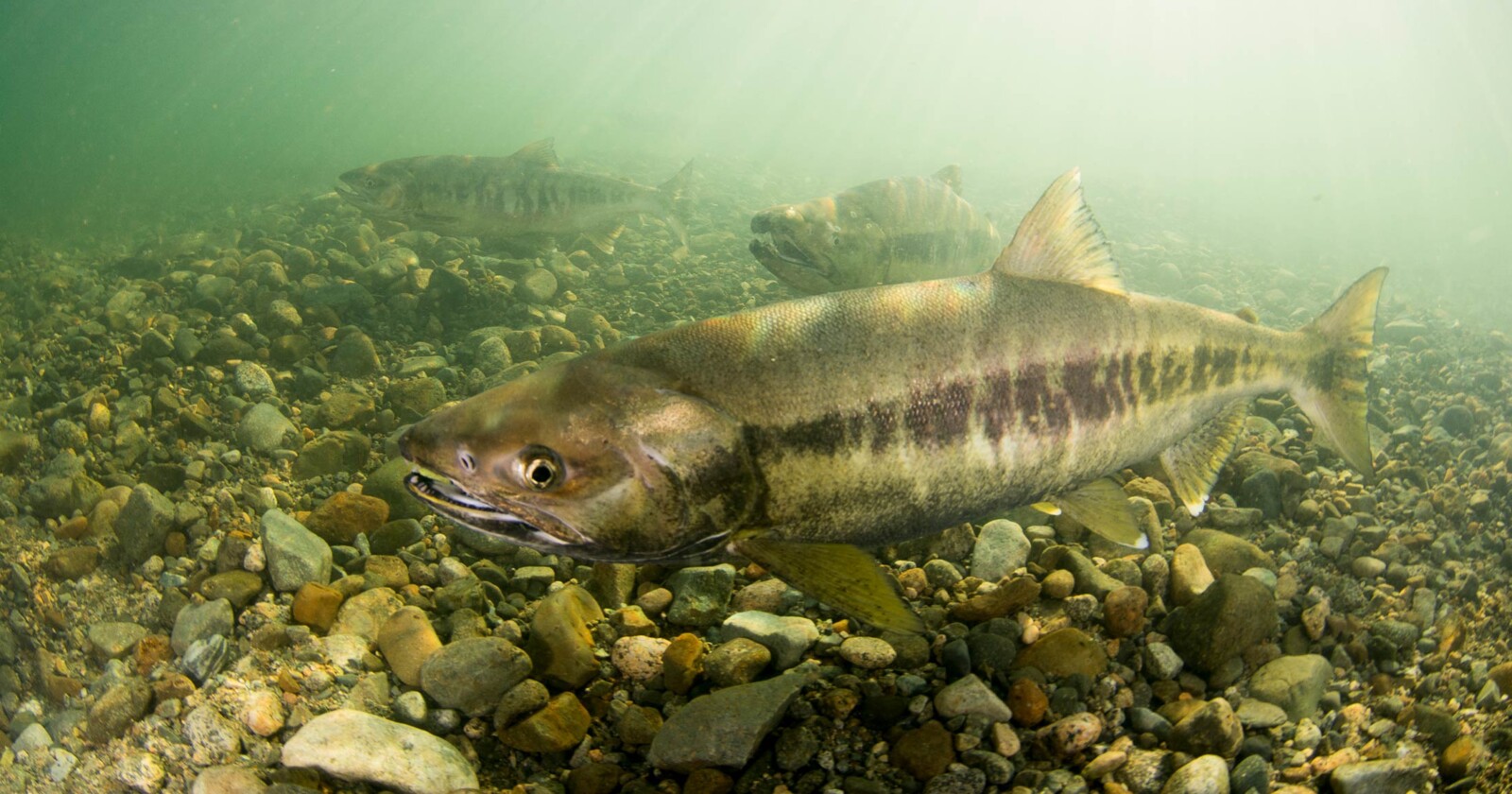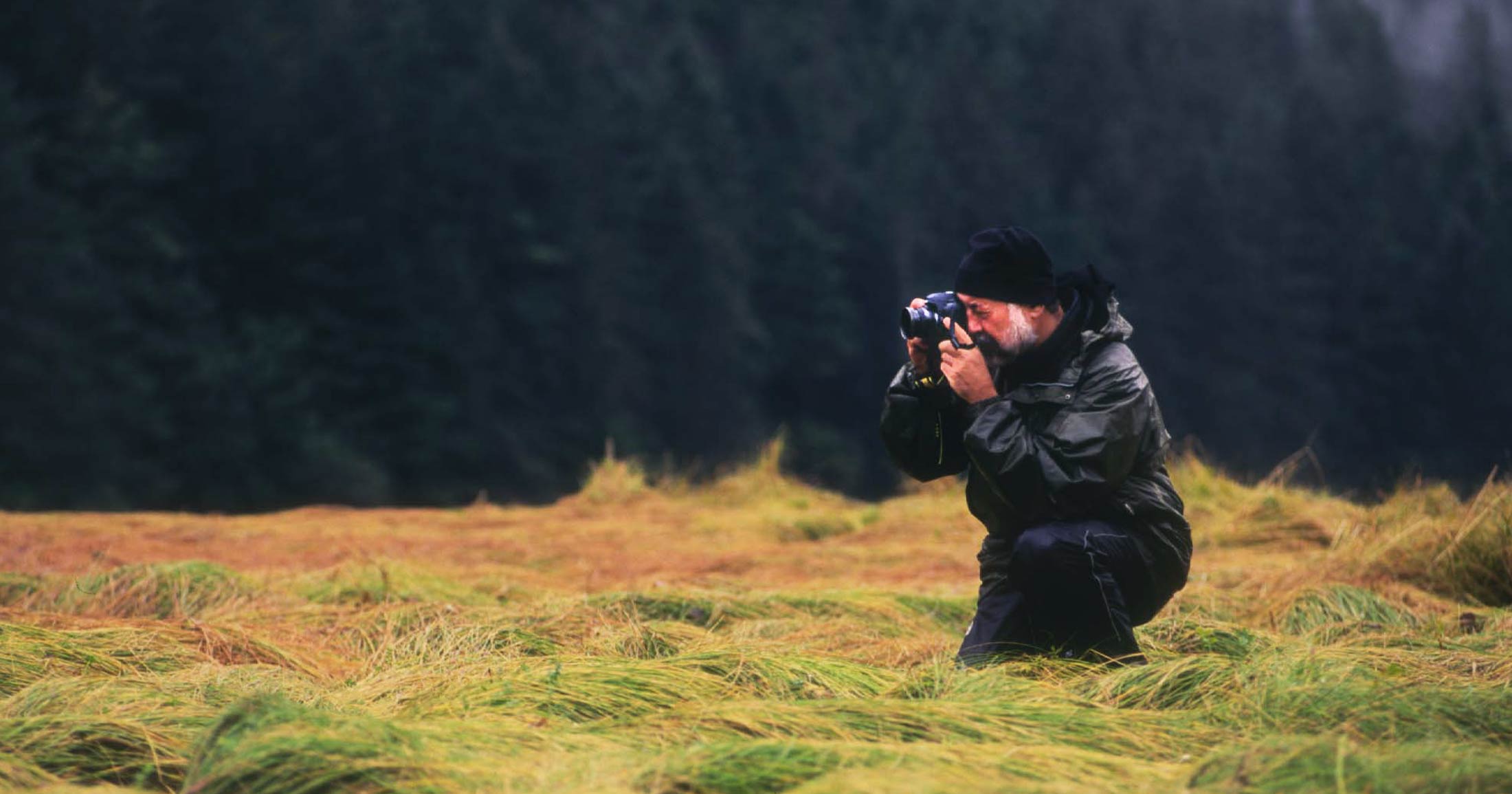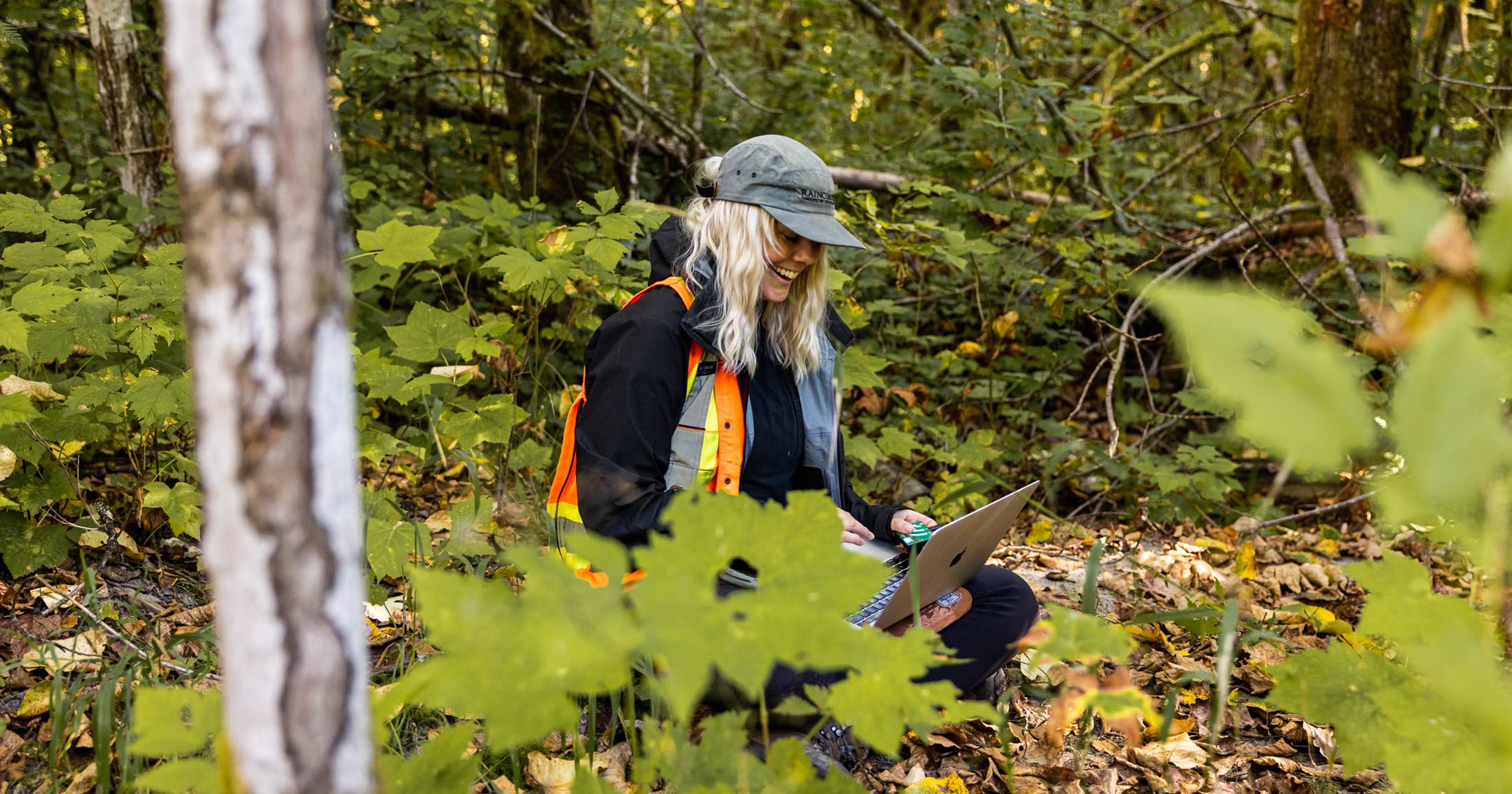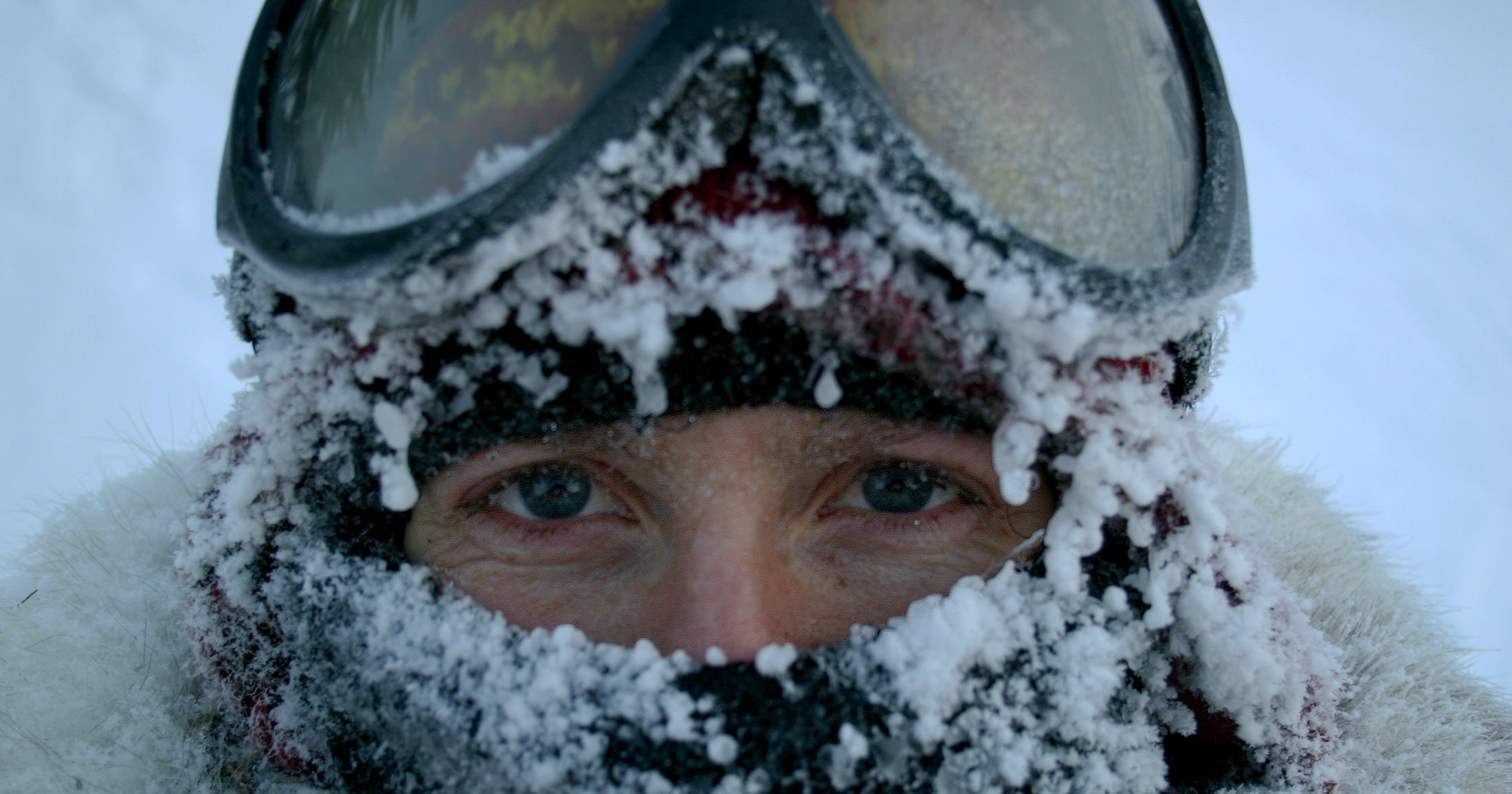Exxon Valdez: Lessons for BC An evening with Dr. Riki Ott
Betrayal and Courage in the wake of the Exxon Valdez Oil Spill: Lessons for British Columbia
 A public talk by Dr Riki Ott,
A public talk by Dr Riki Ott,
Friday March 6, 7:00pm,
Vancouver Aquarium
In the face of renewed proposals for crude oil tankers on BC’s coast, understanding the lessons of the Exxon Valdez oil spill has never been more critical to British Columbians.Join us at the Vancouver Aquarium (Aquaquest Entrance) for a public lecture by author, scientist, and story-teller Riki Ott, PhD. Her latest book, ‘Not One Drop’, chronicles the Exxon Valdez disaster in Alaska and its lingering effects on the environment and on coastal communities.
Dr. Ott weaves her evolution from academic to citizen-activist after the continents’ largest oil spill. She offers thought-provoking perspectives on the climate crisis, the economic crisis, and how we can nurture more participatory democracy by building sustainable communities and separating corporations and governments. Come and learn why you should care and how you can help make a difference.
The lecture will begin with an introduction by Vancouver Aquarium research scientist Dr Lance Barrett-Lennard, who will discuss recent research findings on the long-term impact of the Exxon Valdez Oil Spill on killer whale populations.
To reserve and purchase tickets call 604-659-3552. Tickets: $10 ($5 for students and seniors). Reception (cash bar) and book signing to follow. For information phone 604-659-3430 ext 8 or email Meghan [dot] McKillop [at] vanaqua [dot] org or Kathy [at] raincoast [dot] org
Presented by the Vancouver Aquarium, the Raincoast Conservation Foundation, and the West Coast Environmental Law Association.
You can help
Raincoast’s in-house scientists, collaborating graduate students, postdoctoral fellows, and professors make us unique among conservation groups. We work with First Nations, academic institutions, government, and other NGOs to build support and inform decisions that protect aquatic and terrestrial ecosystems, and the wildlife that depend on them. We conduct ethically applied, process-oriented, and hypothesis-driven research that has immediate and relevant utility for conservation deliberations and the collective body of scientific knowledge.
We investigate to understand coastal species and processes. We inform by bringing science to decision-makers and communities. We inspire action to protect wildlife and wildlife habitats.


